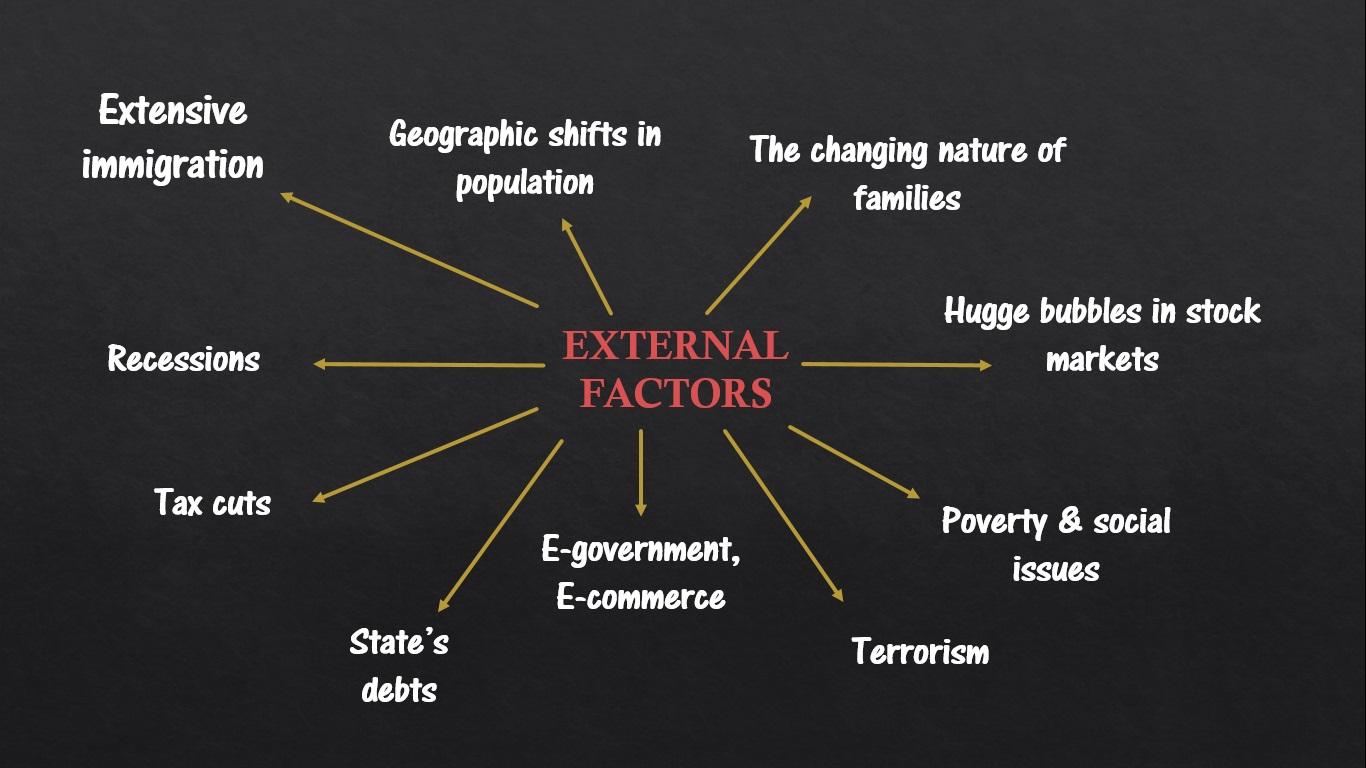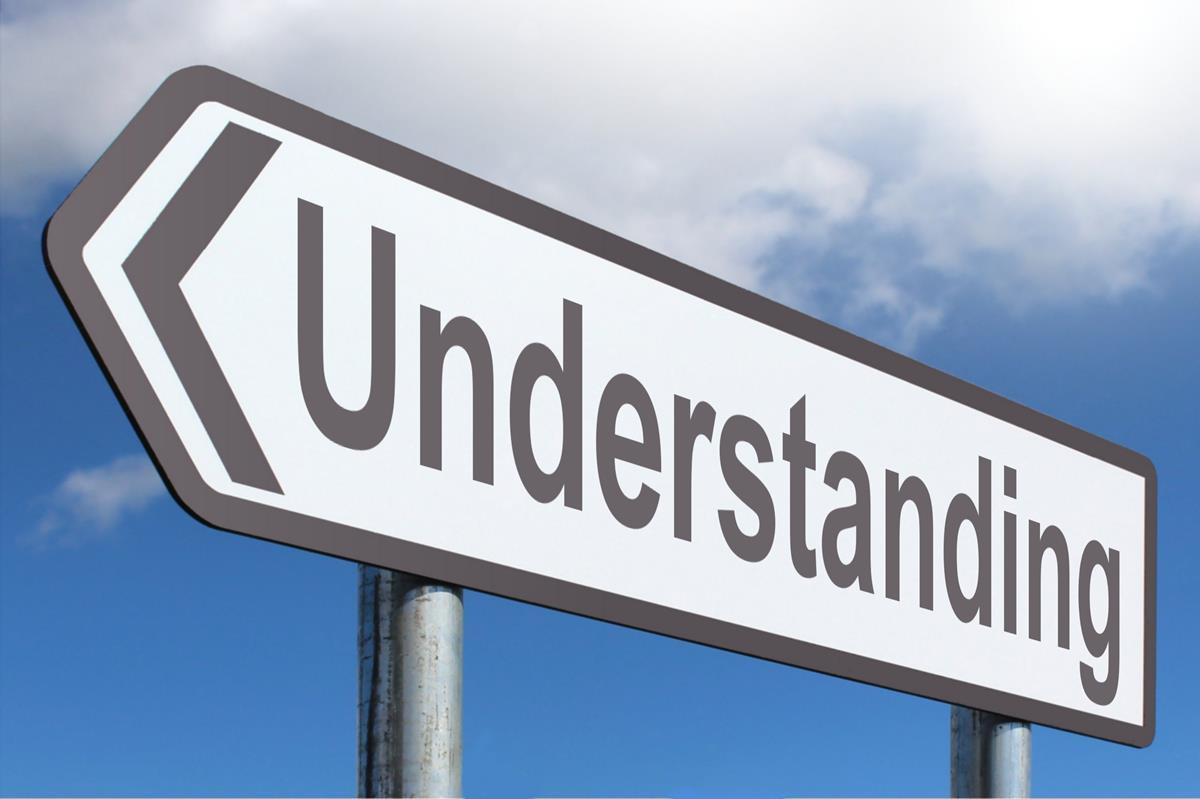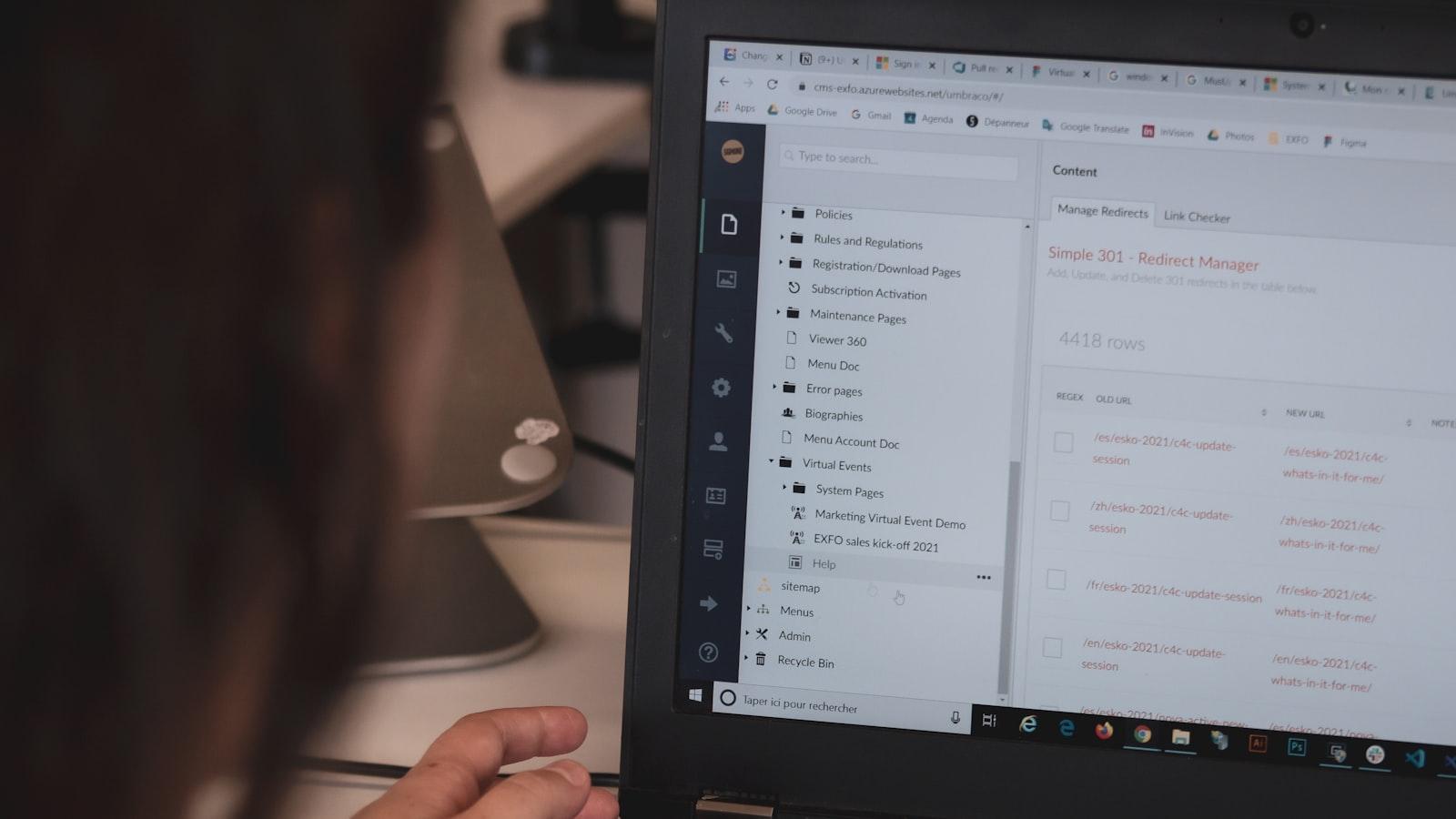In a world where trust is the cornerstone of so many relationships and institutions, it is crucial to understand the various factors that can undermine this essential bond. From small indiscretions to major betrayals, there are countless ways in which trust can be eroded. Join us as we delve into the depths of what undermines the level of trust and explore how we can work towards rebuilding it.
Factors influencing trustworthiness
can be fragile and easily disrupted. One major factor that undermines the level of trust is inconsistency. When someone’s words and actions don’t align, it can create doubt and suspicion. This can happen when promises are broken, commitments are not met, or behavior is unpredictable.
Another factor that can erode trust is dishonesty. Lying, withholding information, or being deceitful can cause significant harm to trust levels. When people feel they are being manipulated or misled, it can be difficult to rebuild that trust. Transparency and honesty are essential for maintaining trust in any relationship. Trust is delicate and once broken, it can be challenging to repair.
Understanding the role of communication
Trust is the foundation of any successful relationship, whether it be personal or professional. When it comes to communication, there are several factors that can undermine the level of trust between parties. One key factor that can erode trust is miscommunication. Misunderstandings can easily arise when messages are not conveyed clearly or when there are language barriers present. This can lead to confusion, frustration, and ultimately a breakdown in trust.
Another factor that can undermine trust in communication is dishonesty. When one party is not truthful or transparent in their communication, it can create a sense of doubt and skepticism in the other party. This lack of honesty can breed suspicion and lead to a complete breakdown in trust. In order to maintain trust in communication, it is essential to be clear, honest, and transparent in all interactions.

Building credibility through consistency and transparency
Consistency and transparency are crucial elements in building credibility with your audience. When these aspects are lacking, trust can easily erode. One of the main factors that undermine the level of trust is inconsistency in your messaging. When your audience receives mixed signals or conflicting information from your brand, it can lead to confusion and doubt.
Another factor that can undermine trust is a lack of transparency in your communications. If your audience feels like you are hiding information or not being upfront with them, it can create suspicion and skepticism. Being open and honest with your audience builds trust and credibility, while deceit or opacity can quickly erode it.

Addressing conflicts and repairing broken trust
Trust is a fragile element in any relationship, whether it be between friends, family members, or colleagues. When conflicts arise, trust can easily be broken and difficult to repair. There are several factors that can undermine the level of trust in a relationship, such as:
- Lack of communication: When there is a breakdown in communication, misunderstandings can occur, leading to mistrust between individuals.
- Dishonesty: Being dishonest or withholding information can erode trust over time and create a barrier to repairing broken trust.
- Broken promises: Failing to follow through on promises can damage trust and make it harder to rebuild.
It is essential to address conflicts promptly and openly in order to repair broken trust. By acknowledging the factors that undermine trust and taking proactive steps to address them, individuals can work towards rebuilding trust and strengthening their relationships.
To Wrap It Up
In conclusion, trust is a delicate and complex construct that can easily be undermined by various factors. By understanding the reasons behind deteriorating trust levels, we can work towards building stronger and more resilient relationships in our personal and professional lives. It is important to be mindful of our actions and behaviors, as they have the power to either strengthen or weaken the foundation of trust. By being honest, reliable, and consistent in our interactions with others, we can foster trust and create a positive and supportive environment for growth and collaboration. Trust is a precious commodity that must be nurtured and protected, as it forms the bedrock of healthy and fulfilling relationships. Let us strive to be trustworthy individuals who inspire confidence and build bridges of trust that stand the test of time.






